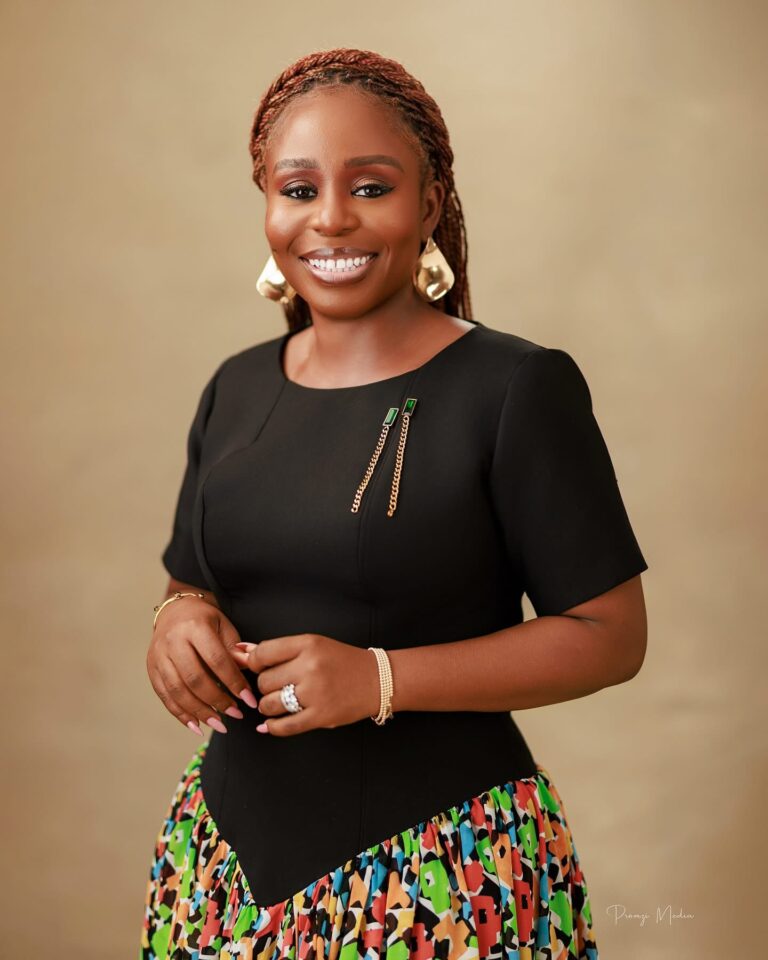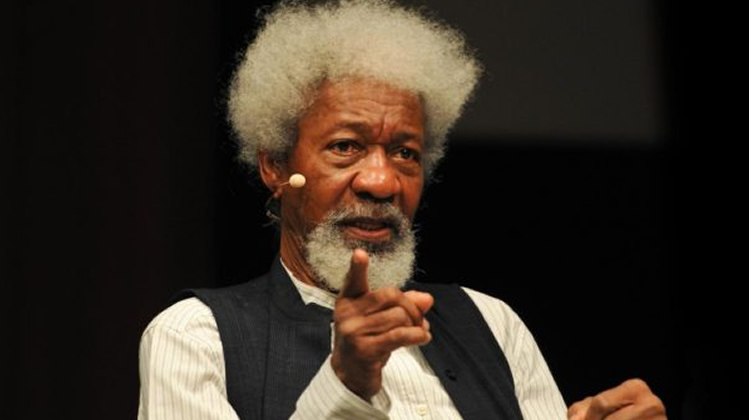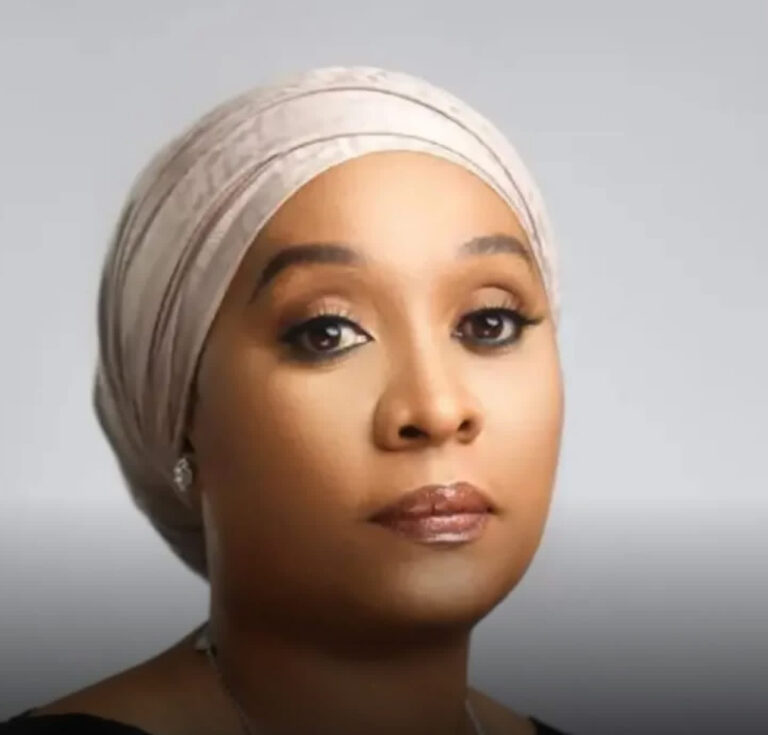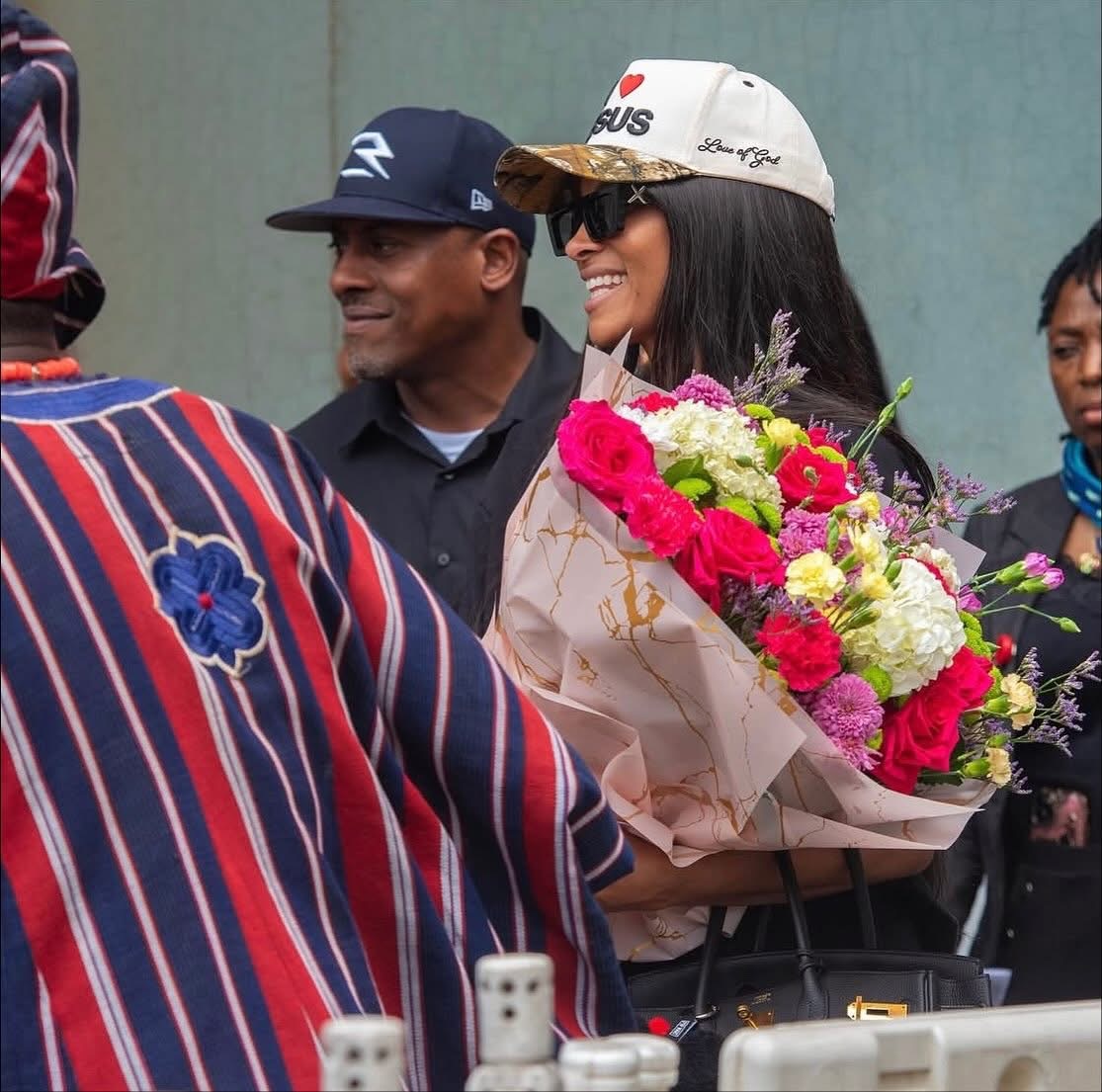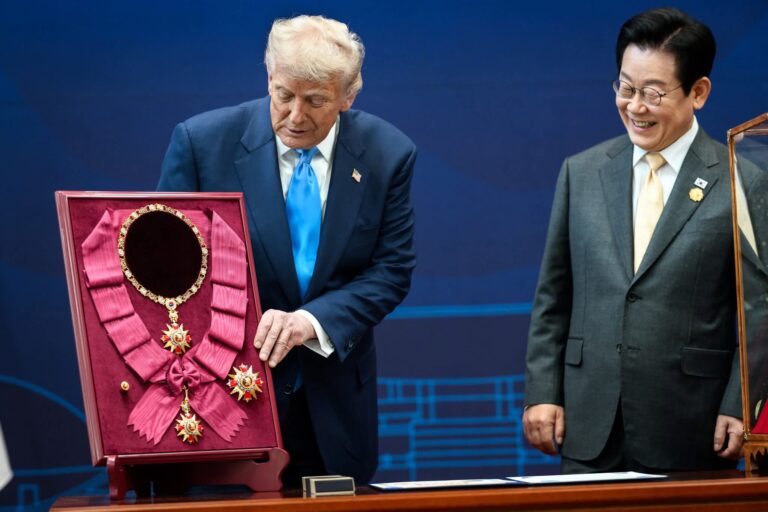In a fast-evolving creative economy, few names resonate as powerfully as Toyosi Etim-Effiong, a trailblazing media executive, producer, and storyteller whose work is shaping the future of Africa’s global narrative. Driven by purpose and passion, Toyosi has positioned herself as a leading voice in African media, culture, and communications, consistently championing stories that reflect the continent’s richness, diversity, and resilience.
Championing Authentic African Stories
Toyosi is the CEO of That Good Media, a fast-rising pan-African communications and content company dedicated to promoting African talent, culture, and creative excellence on the global stage. Through her work, she has collaborated with top-tier media brands, production companies, and cultural institutions to create and distribute authentic African stories that resonate worldwide.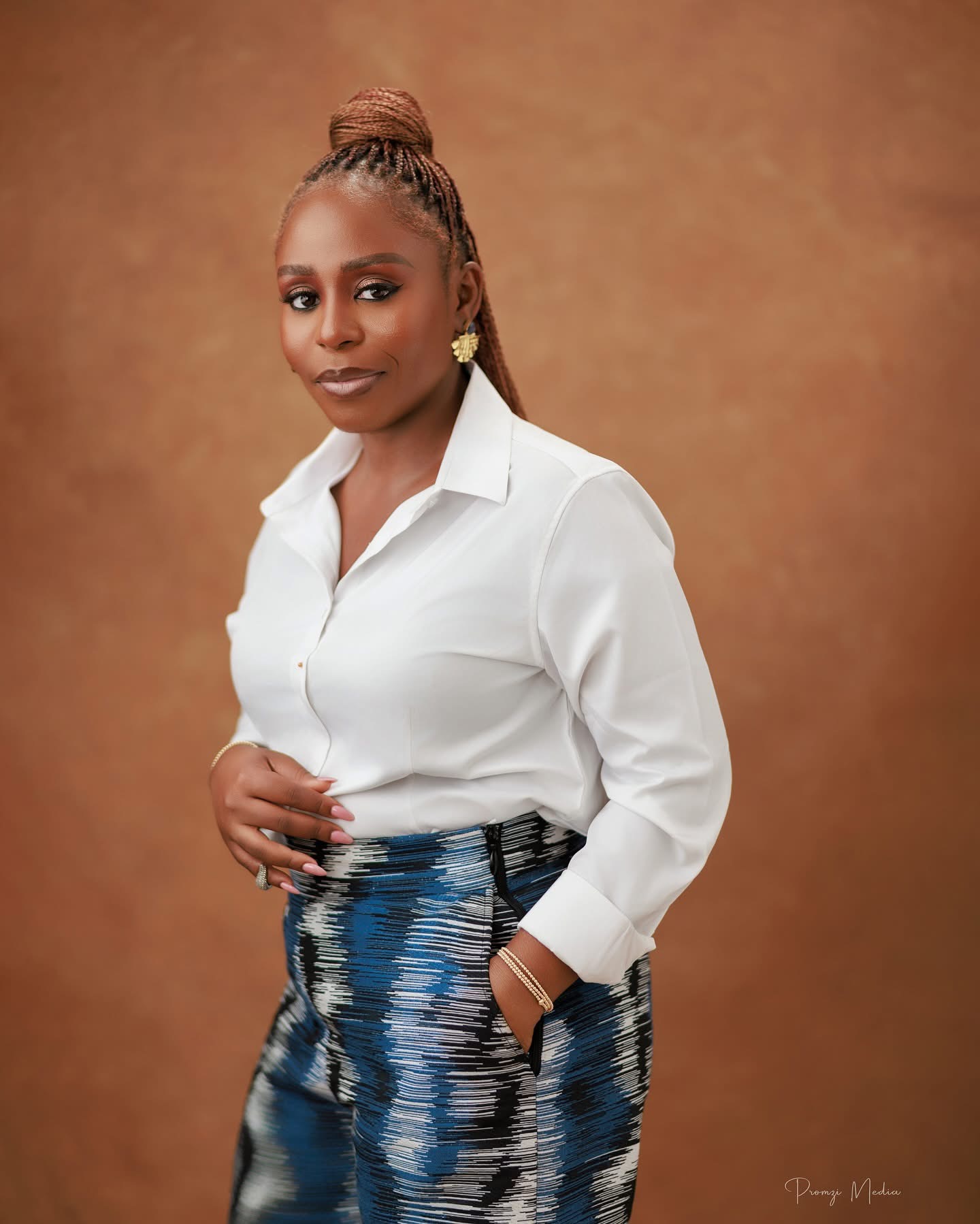
That Good Media has been instrumental in connecting Africa’s entertainment industry with international platforms. Under her leadership, the company has hosted “The Nigerian Creators’ Brunch” in partnership with the Nigerian International Film Summit (NIFS), providing a powerful networking space for filmmakers, influencers, and global executives to exchange ideas and forge partnerships.
Her company has also championed cross-industry collaborations with brands and institutions seeking to tell compelling African stories through film, fashion, music, and technology, reaffirming Toyosi’s mission to change how the world sees Africa.
A Power Couple in Storytelling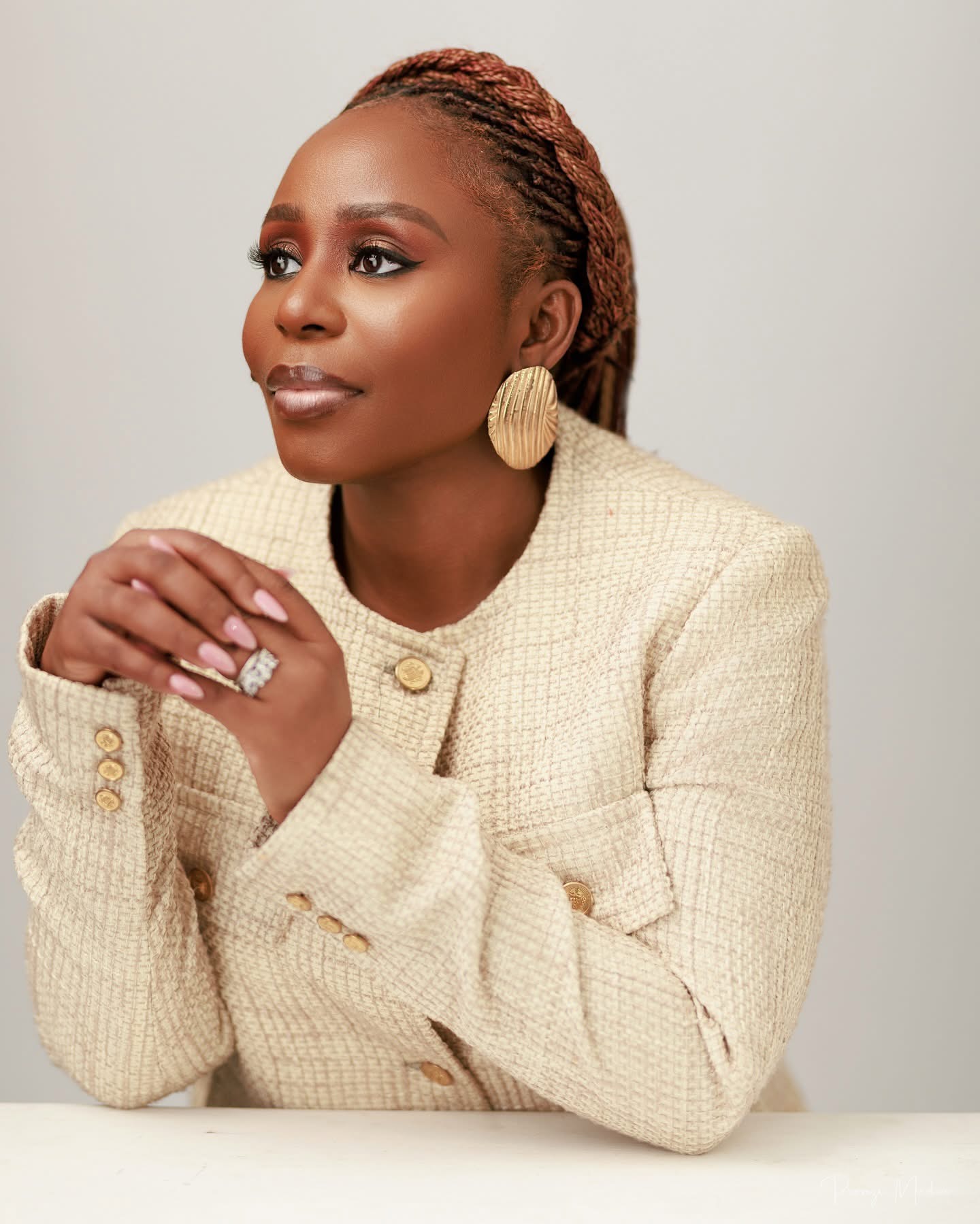
Beyond her professional achievements, Toyosi shares her creative journey with her husband, Daniel Etim-Effiong, one of Nollywood’s most respected actors and filmmakers. Together, they represent a modern African power couple blending artistic excellence, family values, and cultural advocacy.
Their synergy goes beyond the personal both are united by a shared passion for storytelling that uplifts and empowers. While Daniel brings depth and emotion to the screen, Toyosi operates behind the scenes building structures, facilitating partnerships, and shaping the narratives that define Africa’s entertainment ecosystem.
Notable Projects and Global Recognition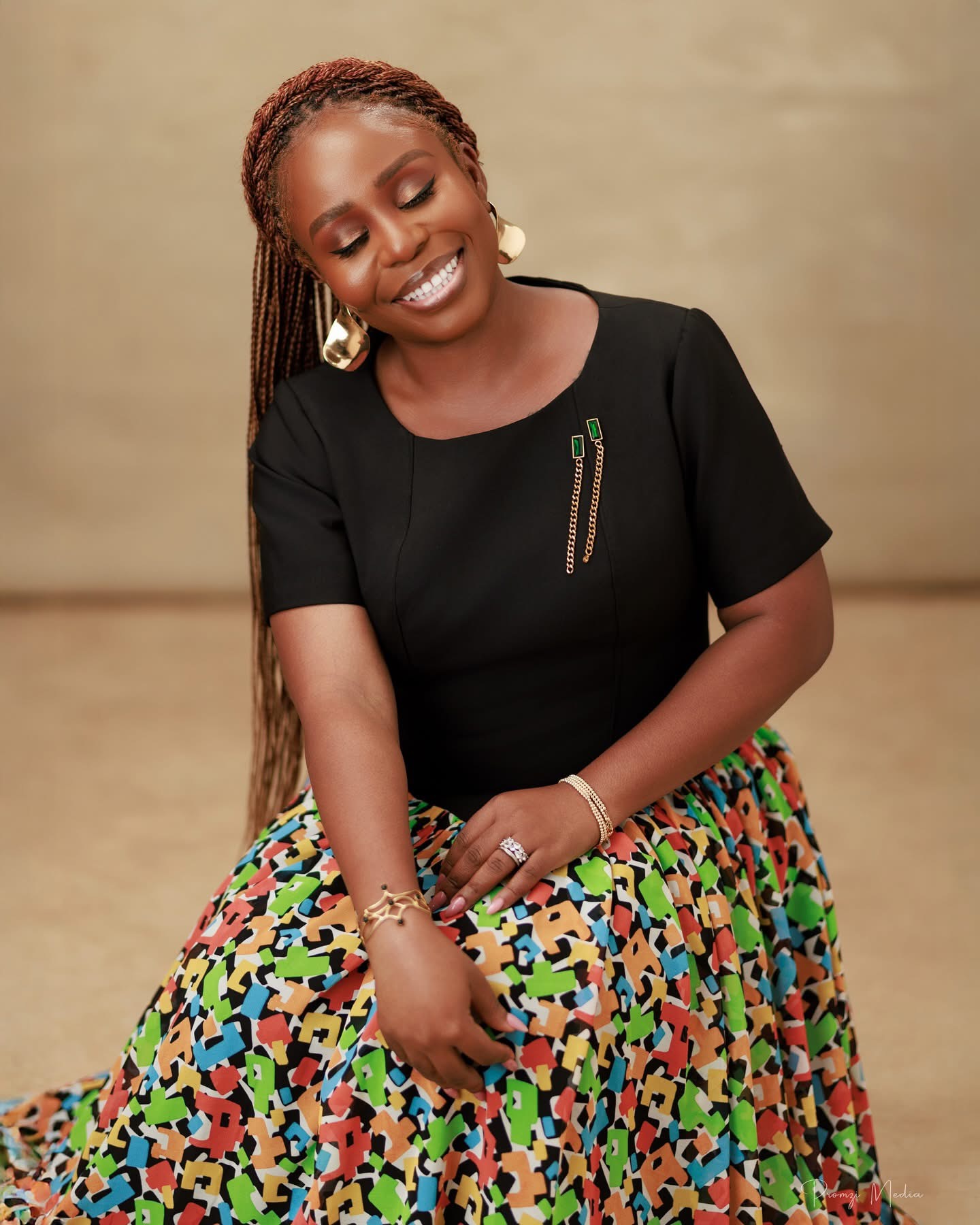
Over the years, Toyosi has spearheaded several notable projects aimed at bridging Africa and the global media industry. She has worked across multiple sectors, from television and film development to event production and strategic communications.
Among her standout initiatives is the “Nigerian Creators’ Conference,” a platform that fosters collaboration between African creators and international investors. Her role in organizing industry showcases, including partnerships with FilmOne Entertainment, Africa International Film Festival (AFRIFF), and NollywoodWeek Paris has further established her as a connector between Africa’s creative potential and global opportunity.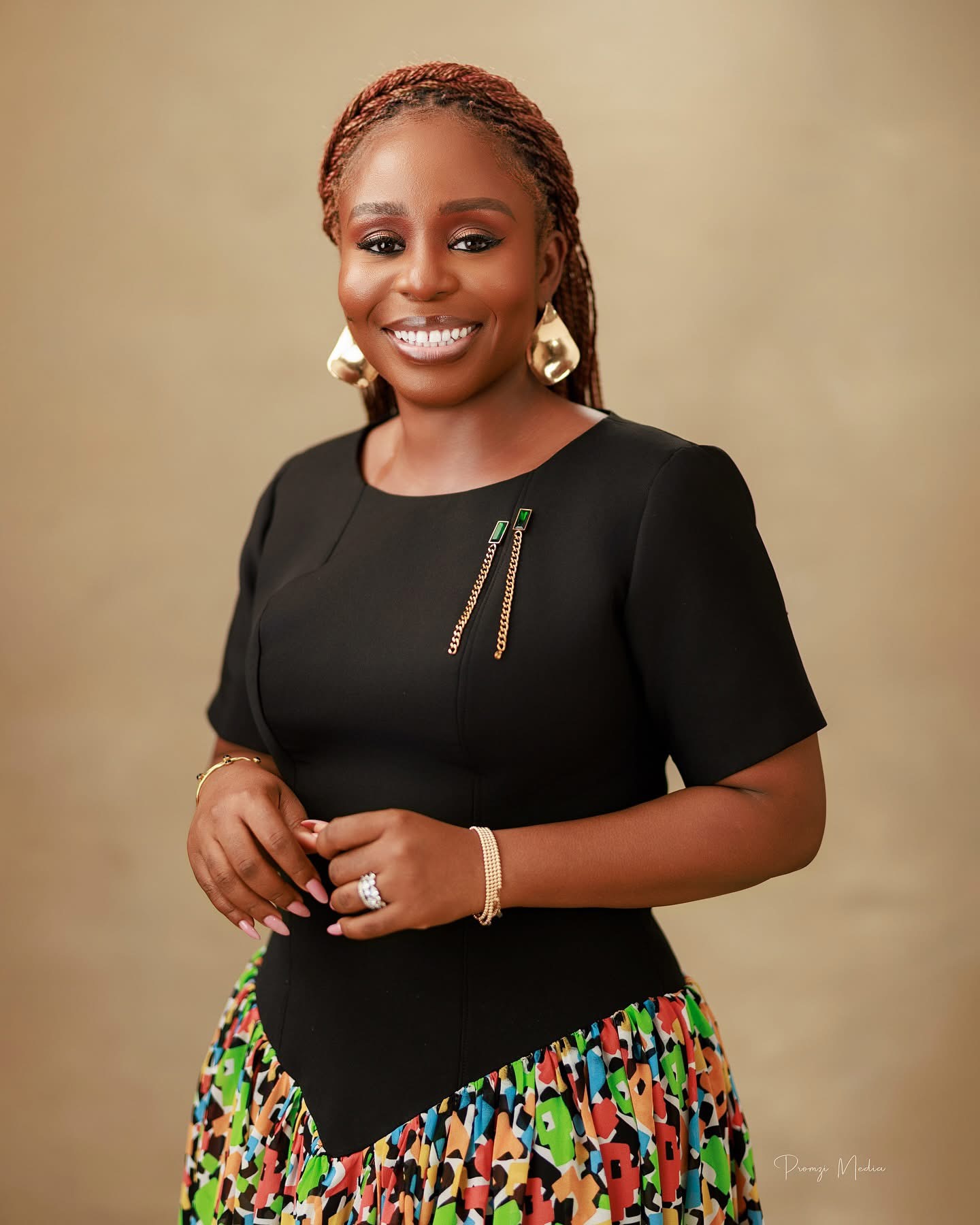
Toyosi’s impact also extends to mentoring emerging media professionals. She frequently speaks at industry summits, empowering women and young creators to claim space in Africa’s billion-dollar creative economy.
Projects in the Pipeline
Looking ahead, Toyosi is set to expand That Good Media’s footprint across Africa and the diaspora, with upcoming projects in film marketing, media training, and cross-border storytelling collaborations. She is also developing new digital initiatives aimed at spotlighting African creators through innovative content formats, thought-leadership series, and brand storytelling.
Her focus remains on building sustainable creative ecosystems, where African content not only thrives locally but competes globally in quality, scale, and influence.
Redefining the African Narrative
At her core, Toyosi Etim-Effiong is driven by a simple but powerful mission: to amplify African voices and redefine the global perception of Africa through media that inspires, educates, and empowers.
Her journey is a testament to what happens when creativity meets strategy; when storytelling becomes a tool for nation-building, and when visionaries like her turn passion into legacy.
Ranks Africa celebrates Toyosi Etim-Effiong — a true architect of Africa’s creative renaissance, a bridge-builder for global collaboration, and a storyteller changing how the world sees Africa.




